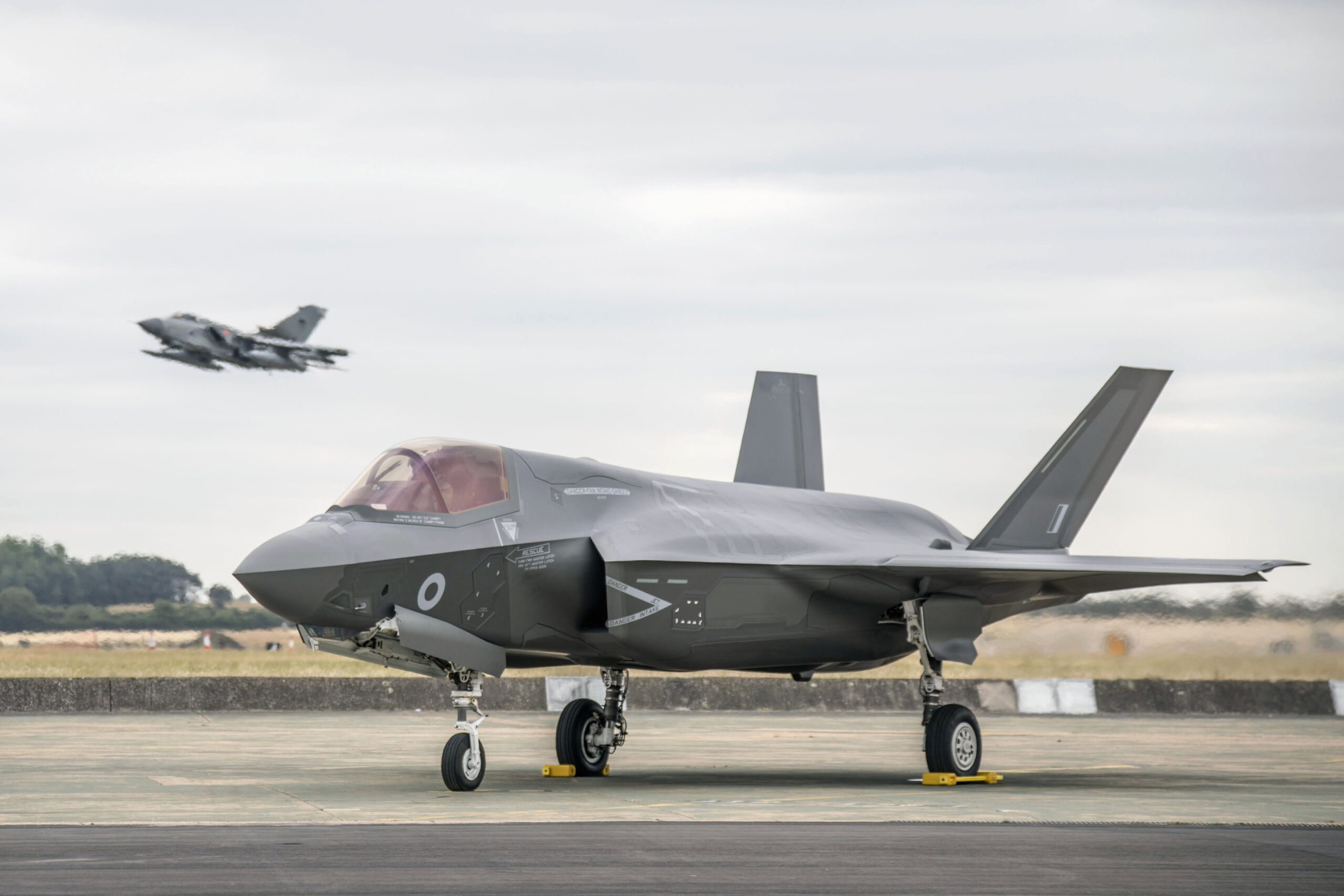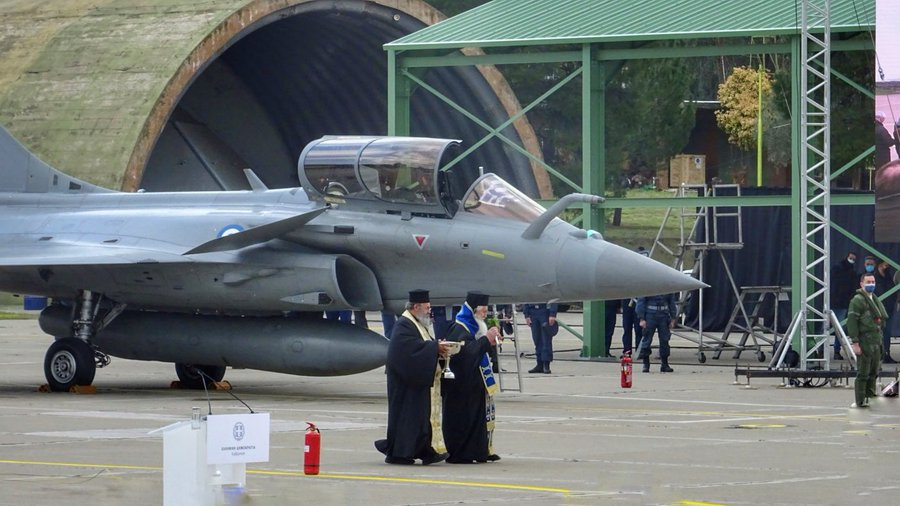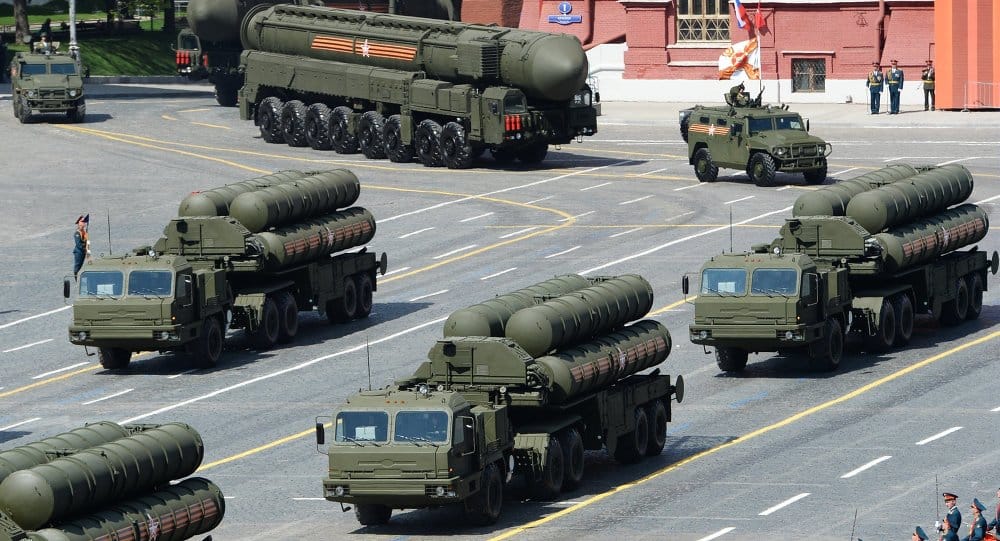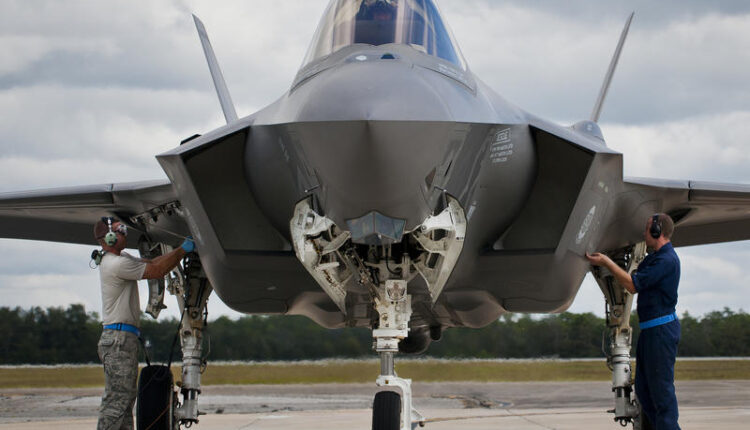Greece Acquires 20 F-35 Worth $3.5 Billion, Putting Pressure on Turkey from Various Angles
Turkey is barred from purchasing fifth-generation F-35 fighter jets from the United States due to its acquisition of the Russian-made S-400 air defense system, but in contrast, its “traditional rival,” Greece, has been offered the F-35 despite also possessing the Russian-made S-300 air defense system.
(DEFENCE SECURITY ASIA) — Turkey is barred from purchasing fifth-generation F-35 fighter jets from the United States due to its acquisition of the Russian-made S-400 air defense system, but in contrast, its “traditional rival,” Greece, has been offered the F-35 despite also possessing the Russian-made S-300 air defense system.
Greek Defense Minister Nikos Dendias reportedly approved the purchase of 20 F-35 fighter jets worth $3.5 billion (RM16.30 billion) to establish a strong deterrent force in the region.
The purchase agreement for the Lockheed Martin-manufactured fifth-generation jets has been sent to the United States.
Greece is expected to receive the 20 F-35 jets by 2028, four years after the purchase agreement, with an option to acquire an additional 20 jets.
In total, the U.S. has offered Greece 40 F-35 fighter jets worth $8.6 billion (RM40 billion).
The acquisition aims to bolster Greece’s air force, which already operates French-made Rafale fighter jets acquired recently.

While the U.S. and another key NATO country, Germany pressures prevents Turkey from purchasing modern fighters like the F-35 and Eurofighter Typhoon, Greece is being fully supported by the Washington and Emmanuel Macron-led Paris in modernizing its air force with advanced jets like the F-35 and Rafale.
Turkey now relies on its domestically developed fifth-generation fighter jet, “KAAN,” to compete with the U.S.-made F-35s supplied to Greece.
The acquisition of F-35 and Rafale jets by Greece has sparked allegations of “double standards” by the U.S. and its like-minded allies against Turkey, a key NATO member.
Turkey hosts several NATO military bases and was not only banned from purchasing the F-35 but also from acquiring the Eurofighter Typhoon.
Its efforts to buy new F-16 fighter jets were only recently approved after years of delays due to U.S. political maneuvering.
In January, Washington agreed to sell 40 F-16 Block 70 jets and 80 modernization kits worth $23 billion (RM107 billion) to Turkey, contingent upon Ankara’s approval of Sweden’s NATO membership.

Turkey had refused Sweden’s NATO membership due to the latter’s protection of leaders from terrorist organizations wanted by Ankara and its failure to address Quran-burning incidents.
Turkey joined the F-35 Lightning II development program in 1999, committing to buy 100 F-35A variants from Lockheed Martin.
As a development partner, Turkey paid $1.4 billion (RM5.4 billion) and contributed to producing about 900 parts in the industrial partnership program.
However, in 2019, Turkey was officially “kicked-out” from the F-35 program by Washington due to its insistence on purchasing the Russian S-400 air defense system.
Senior U.S. Department of Defense officials stated that the F-35 fighter jets cannot “coexist” with the S-400, which Washington classifies as a Russian “intelligence-gathering platform.”

U.S. officials believe Russia would use the S-400 to study the F-35’s capabilities.
“Much of the F-35’s strength lies in its stealth capabilities. The ability to detect its stealth aspects compromises the long-term security of the F-35 program. We only aim to safeguard the program’s long-term security,” a senior U.S. Department of Defense official stated.
Despite this, Washington has not acted against Greece, which also operates the Russian-made S-300 air defense system.
Instead, it has offered Athens the F-35, which Greece has decided to purchase. widening the gap in air force capabilities between “traditional foes”, Turkey and Greece. — DSA


